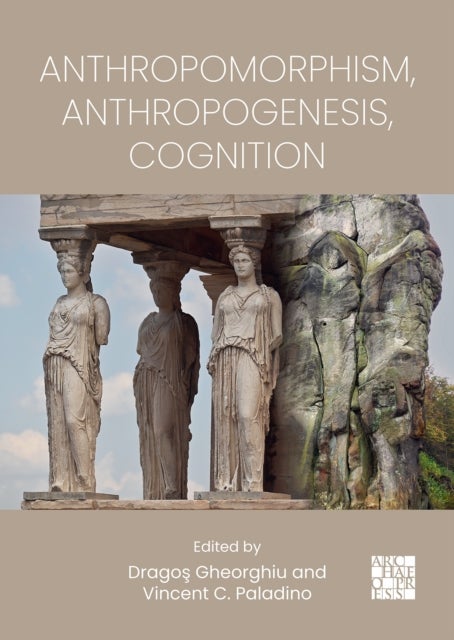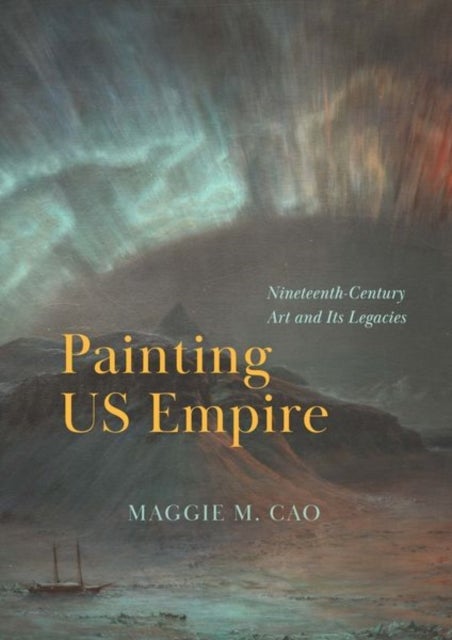
Anthropomorphism, Anthropogenesis, Cognition
423,-
<p>Anthropomorphism could be described as a production of analogies generated by human cognition. As a result, anthropomorphism is a universal cultural trait present in all cultures at all times, and one of the cognitive fundamentals of humankind: that of projecting a human corporal image over the surrounding world. It is present in the imaginary, mythologies, religions, and material culture of all ages, being an important subject of archaeology.</p><p><br></p><p>This book approaches anthropomorphism from the moment of anthropogenesis, tracing its presence in nature and material culture in prehistory and Antiquity.</p><p><br></p><p>The cover image serves as a metaphor, joining together two perceptions of anthropomorphism: a rational one, that of the female columns at the Erechtheion temple in Athens; and a case of <em>pareidolia</em>, namely a figure with outstretched arms on a rock pillar at the Externsteine rocks in Germany.</p>








